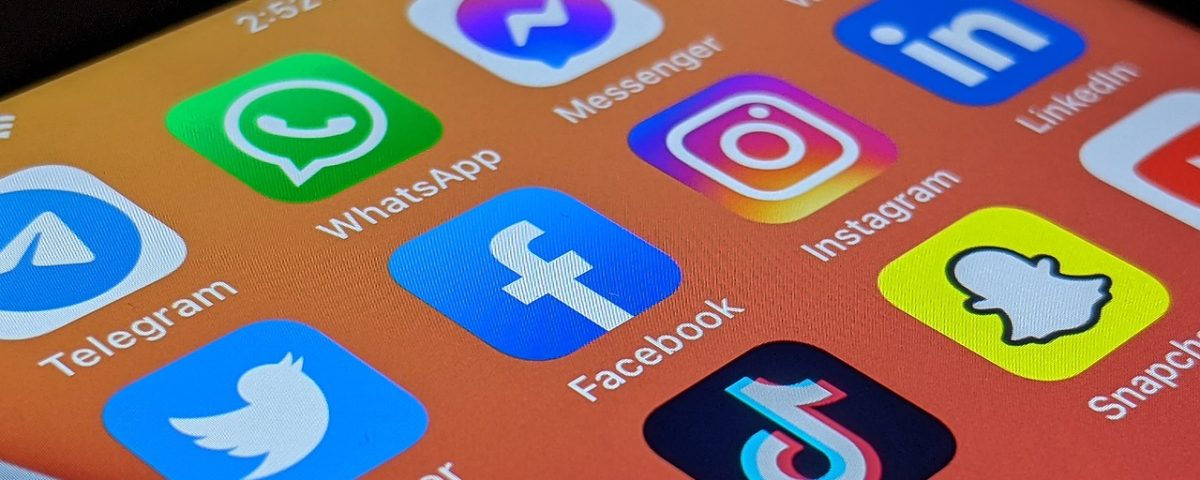Reliance on Social Media for News Leaves Africans Vulnerable to Disinformation, Survey Reveals

World Health Organization (WHO) and Germany donate Information Technology (IT) equipment to support health sector digitization
September 22, 2024
President Museveni Dismisses Dorothy Kisaka & other Top KCCA Officials After IGG Report on Kiteezi Landfill Disaster
September 24, 2024A recent survey conducted by KnowBe4 highlights a growing concern in Africa: the reliance on social media for news is leaving the population increasingly susceptible to disinformation. The survey, conducted across five African countries—Botswana, Kenya, Mauritius, Nigeria, and South Africa—found that a staggering 84% of respondents rely on social media as their primary source of news, with Facebook being the platform of choice for 80% of users. The findings raise alarms about the accuracy and reliability of information consumed on these platforms, especially with elections and political campaigns underway across the continent.
With 19 African countries set to hold elections in 2024, the risk of misinformation (false information shared unintentionally) and disinformation (deliberately fabricated content) spreading across social media is growing. According to the Africa Centre for Strategic Studies, disinformation campaigns in Africa have quadrupled since 2022, often orchestrated by foreign states like Russia and China to destabilize the region.
The Rising Tide of Disinformation
The survey by KnowBe4, a global leader in cybersecurity awareness training, was carried out in June 2024 to assess the prevalence of political disinformation and misinformation across Africa. It revealed a startling preference for social media platforms over traditional news outlets like radio, television, and websites. Anna Collard, SVP of Content Strategy and Evangelist at KnowBe4 AFRICA, expressed concern about the findings, particularly that “80% of respondents are consuming news on Facebook, and over 50% use TikTok. This is alarming as neither of these channels is very reliable in terms of news.”
Collard pointed out that social media platforms, while convenient, are notorious for the rapid spread of false information. Unlike traditional media outlets, which are subject to editorial standards, social platforms allow for unverified content to circulate unchecked. This is particularly troubling in the political context, where misinformation can have a profound impact on public perception and electoral outcomes.
Overconfidence in Identifying Fake News
Perhaps one of the most surprising findings from the survey is the confidence respondents have in their ability to distinguish between real and fake news. A striking 82% of participants believed they could reliably detect false information, despite lacking formal education on the subject. Collard is skeptical of these self-assessments, noting, “While most respondents reported being able to tell the difference between real and fake news, I doubt this is the case. Other research has shown that most people overestimate their ability to detect deepfakes, and ironically, more people trust AI-generated images than actual photographs.”
This overconfidence poses a risk, as individuals who think they can spot fake news may be more likely to fall victim to sophisticated disinformation campaigns. With advancements in AI, the creation of convincing fake news, including deepfakes and doctored content, has become easier and cheaper than ever, making it harder for the average user to tell fact from fiction.
The Social Consequences of Disinformation
Disinformation isn’t just a digital issue—it has real-world consequences. The survey highlighted that 80% of respondents are highly concerned about the negative impact of fake news on their societies. In countries like Kenya, where tribal divisions can be exacerbated by misinformation, the consequences can be dire. Collard remarked, “In Kenya, many respondents said they had seen firsthand how disinformation can lead to tribal conflict.”
The situation in Nigeria offers another example of how disinformation can fuel political discord. Collard noted that social media influencers using inorganic hashtags played a key role in spreading political disinformation during Nigeria’s recent election, which contributed to unrest and division. She also referenced the aftermath of South Africa’s 2024 election, where false information spread by individuals looking to disrupt the democratic process stirred public confusion and unrest.
Historical cases like the #whiteminoritycapital disinformation campaign run by British PR firm Bell Pottinger in 2017, designed to divert attention from state capture by former South African President Jacob Zuma, serve as reminders of the destructive power of disinformation campaigns. These campaigns are not just local efforts but often involve foreign entities with vested interests in destabilizing African governments.
The Urgent Need for Action
The findings from the KnowBe4 survey underline the need for a concerted effort to combat disinformation on the continent. A significant 58% of respondents reported receiving no formal training on identifying fake news, while 32% admitted to simply ignoring it when encountered. These statistics point to an urgent need for educational initiatives that teach critical thinking and media literacy, especially in a digital age where misinformation spreads quickly.
“We need a multi-faceted strategy to combat disinformation,” says Collard. She advocates for a holistic approach that includes public awareness campaigns, stronger government action to regulate the spread of fake news, and increased responsibility from social media platforms to detect and remove false information. “Fake news is an ongoing challenge that requires continuous attention,” she adds. “To fight it effectively, we need a combination of new technology, better ways to prevent it, and, most importantly, teaching people to consume media critically, especially when it is emotionally charged or potentially divisive content.”
Looking Forward
As Africa approaches a crucial election year in 2024, the battle against disinformation becomes even more critical. Governments, social media companies, and citizens must work together to ensure that the information circulating in the public sphere is accurate and reliable. Without this collaborative effort, the potential for political unrest and social division fueled by fake news will only increase.
The KnowBe4 survey serves as a timely reminder that while technology offers many benefits, it also presents new challenges. As digital platforms continue to play a larger role in how Africans consume news, the need for vigilance and education becomes ever more important.
To read the full 2024 Political Disinformation in Africa report, click here: https://apo-opa.co/3zxqZO7




